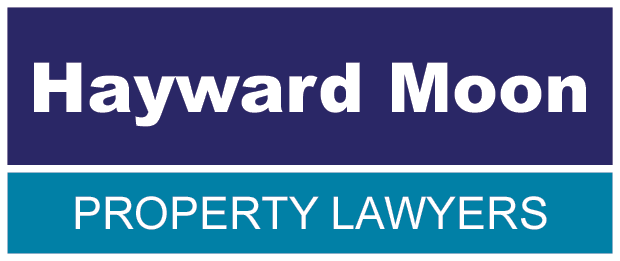In property transactions, it’s not uncommon for issues to arise that can’t easily be resolved before completion for example missing building regulation completion certificates , lack of planning permission consent, or uncertain rights of access, missing rights, unknown covenants for example.
In such cases, the quick fix often suggested is an indemnity insurance policy.
At first glance, it sounds ideal: a one-off payment that protects against future financial loss if a problem comes to light. However, as conveyancers, we know that an indemnity policy is not always the best or only solution.
A policy doesn’t fix or legalize the extension.
Instead, it just promises to pay out if the local council later takes enforcement action (for example, asking you to alter or remove the extension) and you suffer a financial loss as a result.
Instead, it just promises to pay out if the local council later takes enforcement action (for example, asking you to alter or remove the extension) and you suffer a financial loss as a result.
So, it’s really a financial safety net, not a repair or approval.
The indemnity policy does not always provide the full protection that a buyer needs.
Policies come with strict exclusions and conditions. They usually only cover financial loss — not the cost of repairing the issue, not stress or disruption, and not any reduction in property value that doesn’t directly result from a legal claim.
Most indemnity policies have a “non-disclosure” or “no contact” condition. This means that if you (the policyholder) alert or contact the party who could enforce the defect — such as the local council, planning department, or neighbour — the insurance cover will no longer be valid.
Sometimes, instead of properly investigating a legal or title issue, people rely on an indemnity insurance policy to save time or avoid extra legal work.
While that can speed up the transaction, it’s often a short-term fix. The underlying uncertainty remains unresolved.
While that can speed up the transaction, it’s often a short-term fix. The underlying uncertainty remains unresolved.
Later, when you come to sell the property, the same issue will come up again. The new buyer’s conveyancer will ask the same questions, and they may not accept the indemnity policy as a solution. Some mortgage lenders might even refuse to lend unless proper proof is provided.
It’s true that many mortgage lenders accept indemnity policies to satisfy their lending criteria. However, lender requirements are based on risk to their security, not necessarily what’s best for the buyer.
A buyer’s interests extend far beyond the lender’s — including safety, resale value, and enjoyment of the property. What satisfies a lender’s checklist today may not protect the homeowner tomorrow.
A buyer’s interests extend far beyond the lender’s — including safety, resale value, and enjoyment of the property. What satisfies a lender’s checklist today may not protect the homeowner tomorrow.
A thorough conveyancer won’t simply recommend an indemnity policy without looking at the bigger picture. Sometimes, it really is the most sensible way to move a transaction forward. But in some cases, it’s worth exploring other options first.
Depending on the situation, a better approach might be to:
Get the proper paperwork — for example, apply for retrospective approval in respect of planning permission/building regulations/covenant consent, or order replacement documents if this is applicable.
You may want to agree a price reduction with the sellers of the property to cover any risk or future costs.
Look into the issue more deeply, through further title checks or legal investigation.
Obtain expert advice as necessary from the appropriate party i.e. a surveyor, engineer, or local authority.
The most important thing is to make an informed decision, not a quick one. Taking a little more time now can save a lot of stress and money later.
Indemnity policies do have their place in modern conveyancing, and when used correctly, they can facilitate smooth transactions. But they should never be a substitute for sound legal advice and thorough due diligence.
As conveyancers, our role is to ensure clients understand what a policy does and doesn’t cover, and to help them make decisions that protect their interests not just today, but for the long term.



